Teachers in K-12 schools have increasingly been expected to support students in career learning. But it can be a challenge for the many who have had little exposure to jobs or workplaces outside of education.
That’s why Cornell School District decided to offer its teachers an Educator in the Workforce (EIW) experience from the Consortium’s menu of contract services. EIW is one of seven pathways educators can choose from options they’re offered under the Personalized Professional Development program Cornell adopted in 2021.
“Many of our teachers have been inside a school building for their entire adult lives,” said Kris Hupp, the district’s Director of Technology and Instructional Innovation.”
The district wanted participating educators to gain a better sense of opportunities the region holds for students, he said, particularly with employers offering jobs that provide a living wage, without necessarily requiring a college degree.
By connecting with employers, Cornell is hoping that educators not only will be better able to help students prepare the future, “they’ll be more able to connect their content to real life, and make it more meaningful,” Hupp added.
“There are more entry level jobs with solid career paths than many students and educators might imagine,” said Gina Barrett, the Consortium’s Director of Partnerships. “From banking and trades to healthcare and manufacturing, we know many employers looking for students just out of high school who have strong intrapersonal skills and are willing to learn on the job to advance.”
Barrett, who organizes the Consortium’s workplace immersion experiences, lined up site visits for Cornell with the Ironworkers, BNY Mellon, and UPMC.
Educators who participated in the visits found them beneficial in multiple ways—from making contacts that will help them connect students to employers, to discovering that their students can look forward to opportunities they may not have realized.
Andrew Erwin, who teaches social studies at Cornell High School, for example, said he came away from the visits filled with optimism because he found that even at prestigious companies like BNY Mellon, “You don’t have to come from a wealthy family, you don’t have to know the CEO to get hired.”
“A lot of kids who go to Cornell have a legitimate shot of working in very, very successful businesses and making a very good living. That was the biggest takeaway for me.”
One of the biggest for high school math teacher Randy Laue was that “these companies want to work with us.”
He said he saw an eagerness on their part to engage with high schools and students as well as “an eagerness to get people straight out of high school as an alternative to the traditional four-year college pathway.”
Both teachers said they’ve come away from their EIW experiences with a list of email contacts from people to whom they can reach out for help supporting career exploration for students.
Their views seemed representative of others enrolled in the EIW option.
According to Hupp, “The feedback so far has been fantastic.”






